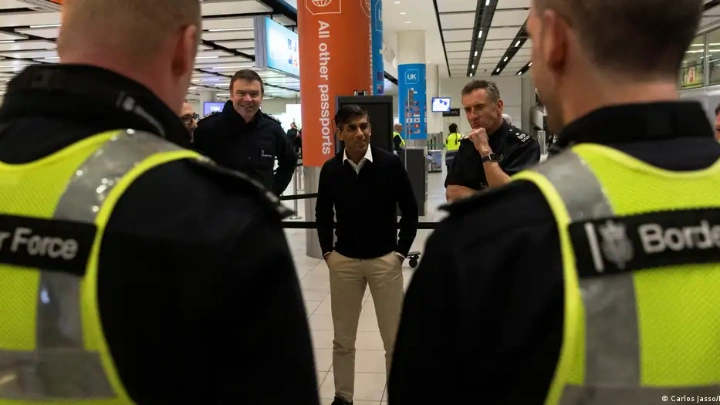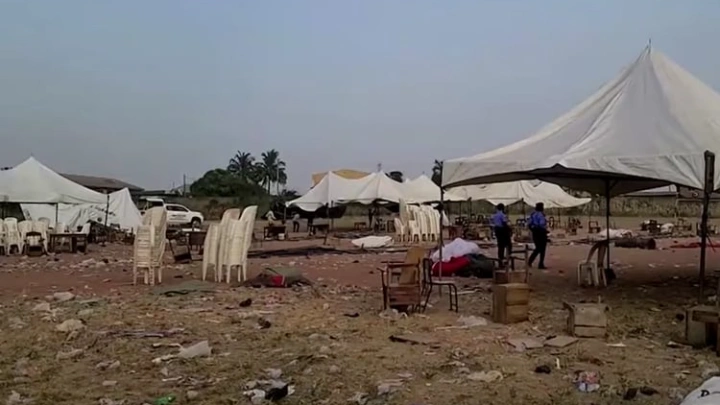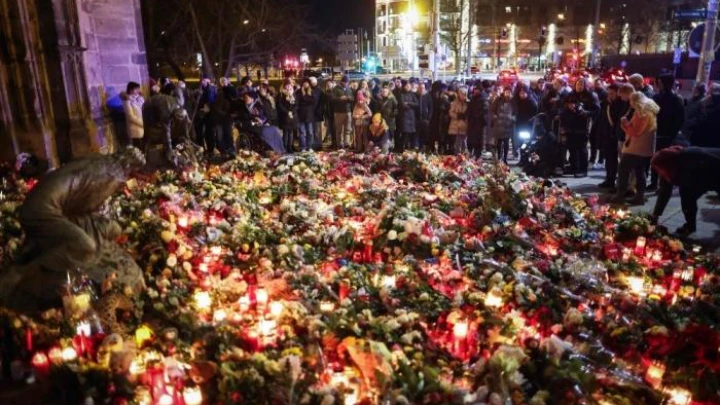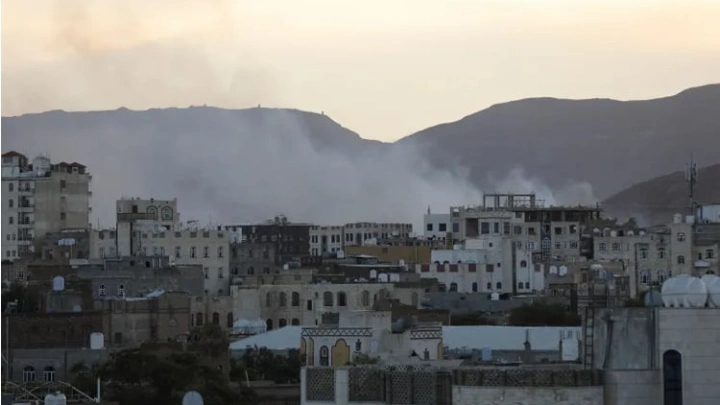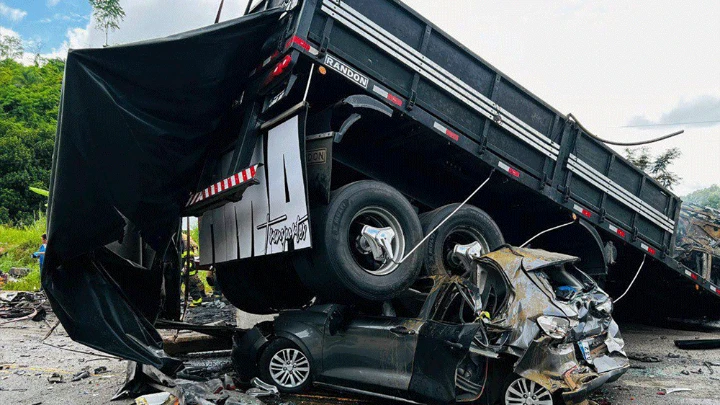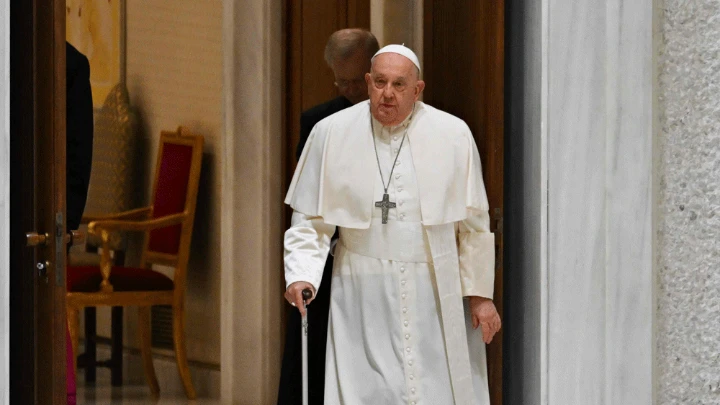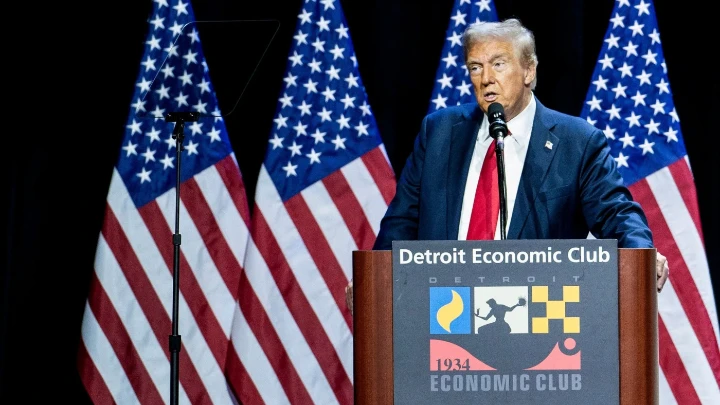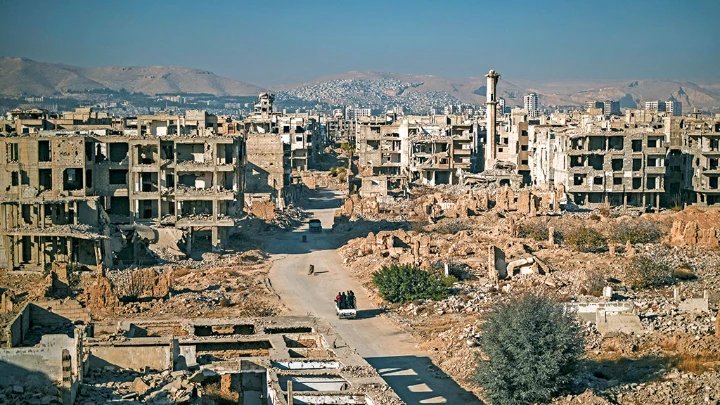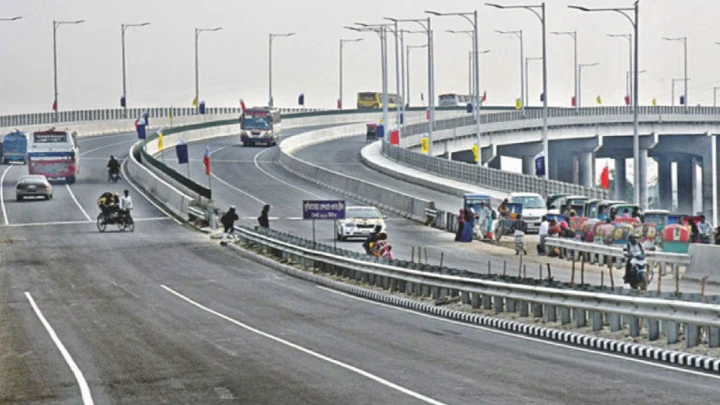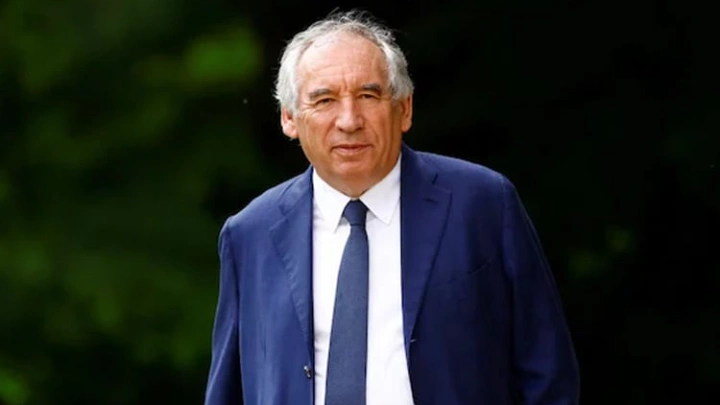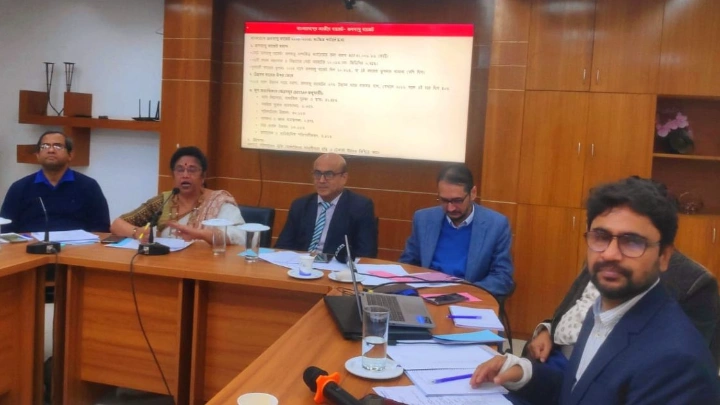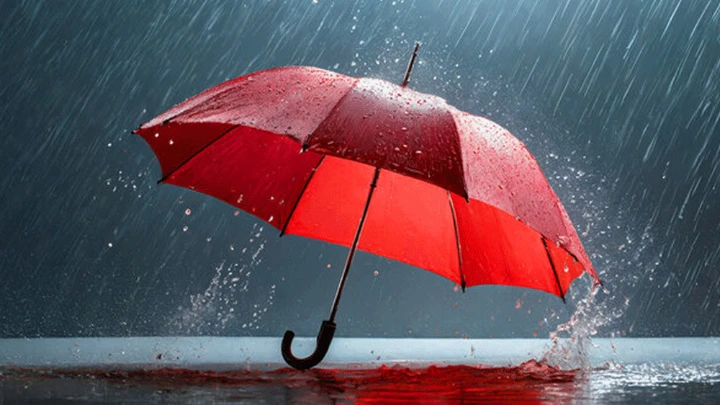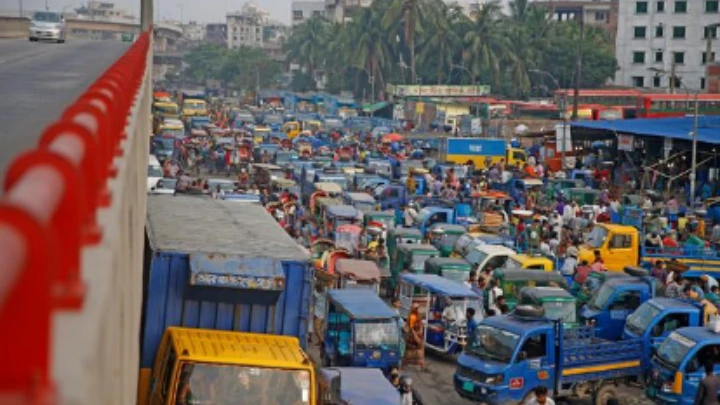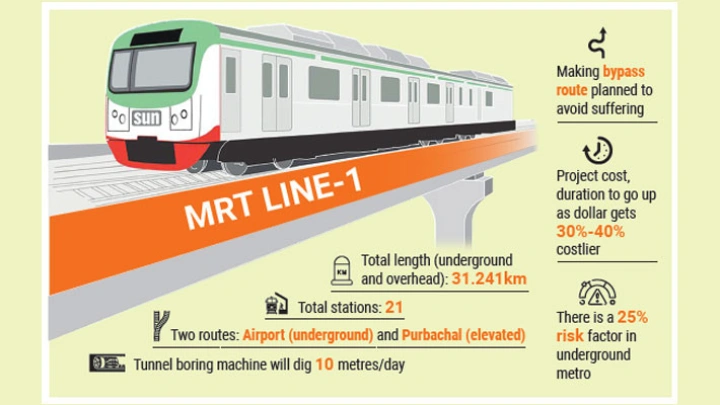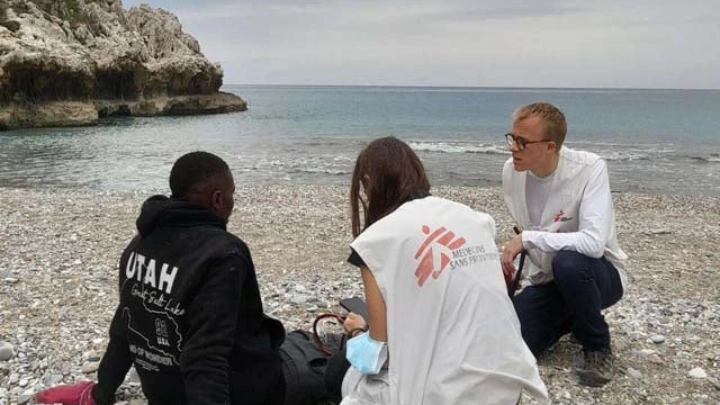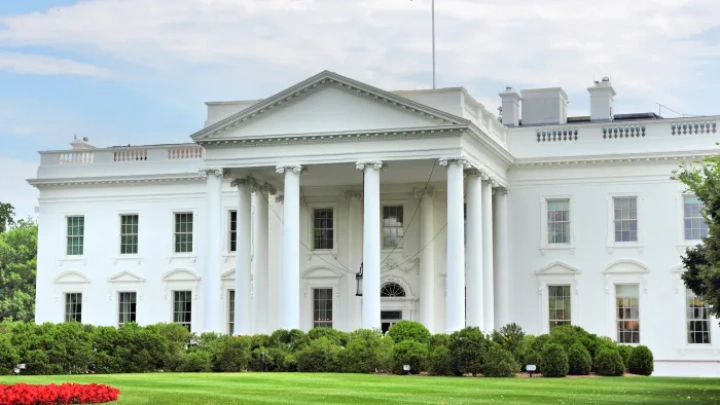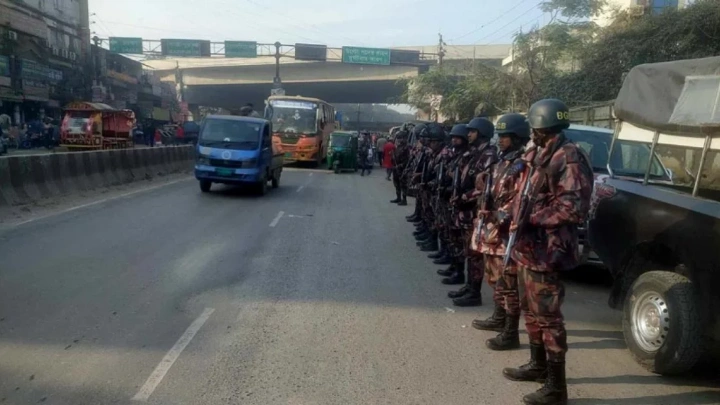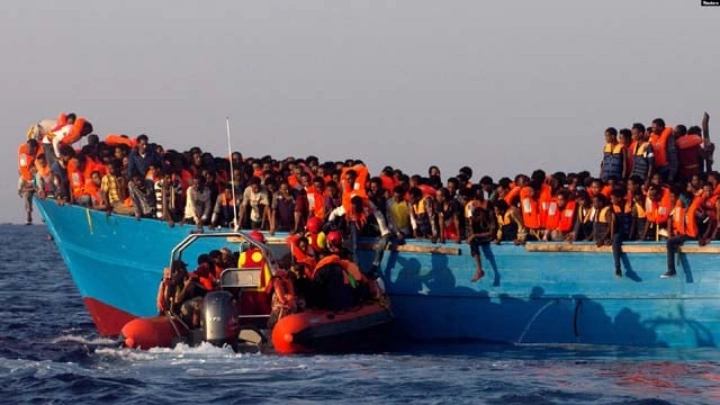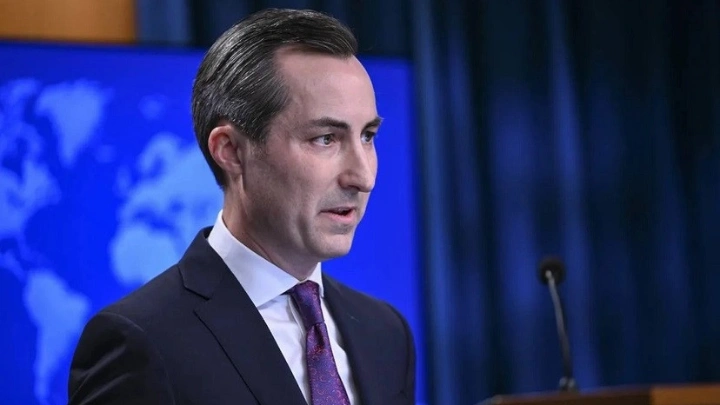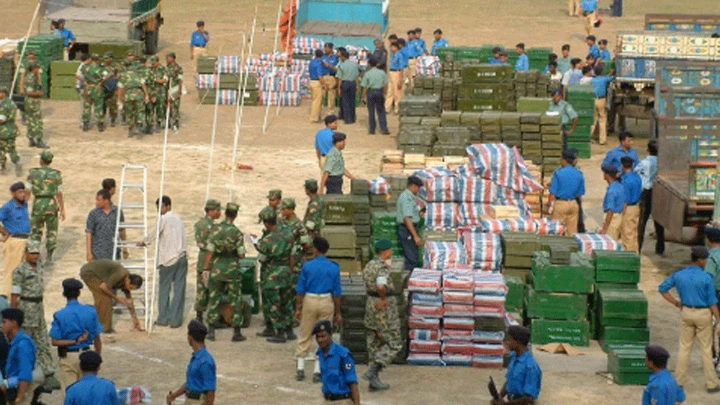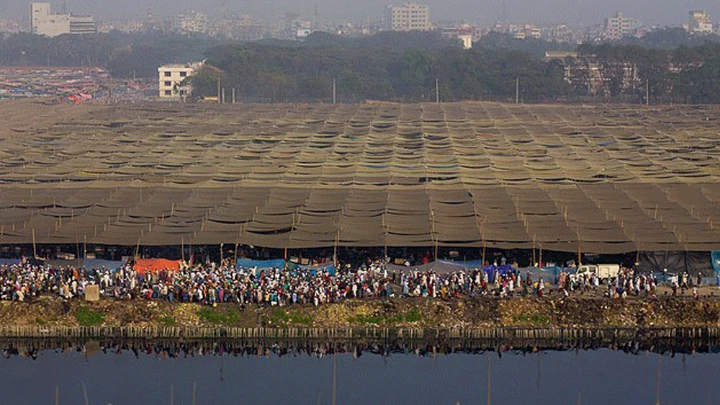The British House of Commons is once again about to negotiate the controversial Rwanda bill, which is intended to enable deportations to Africa regardless of asylum-seekers' origin.
UK dispute over deportations to Rwanda heats up
DWNews || Shining BD
When it comes to refugees, 91-year-old Alfred Dubs is easily enraged. The British government's plan to send refugees to Rwanda is "shameful" and damages the United Kingdom's reputation, he said.
Dubs knows what it feels like to leave one's family and home behind, as he himself traveled on the Kindertransport from Prague to London at the age of 6 to escape the Holocaust. Today, he sits as a life peer in the House of Lords for the opposition Labour Party and campaigns on behalf of refugees.

So far, the Lords have refused to pass the "Safety of Rwanda (Asylum and Immigration) Bill." One reason is that it violates international law. But Dubs predicts they will ultimately give in since the Conservatives also make up the largest group in the House of Lords and the will to fight among the older Lords is waning.
Courts previously blocked the plan
Prime Minister Rishi Sunak has made it a priority to "stop the boats." Almost 30,000 refugees came across the English Channel last year, mostly in small rubber dinghies. They, and all the other refugees who have reached the country "irregularly" since the beginning of 2022, could soon face deportation to Rwanda. Regardless of their origin, they will be shipped to the East African country and forced to submit their asylum applications there instead of in the UK.

Two years ago, Boris Johnson's government became the first to charter a plane to take a small group of refugees to Kigali, despite fierce protests from many human rights organizations. The European Court of Human Rights put a stop to Johnson's plans at the last minute.
The UK has already transferred £140 million ($178 million, €163.5 million) to Rwanda, but so far no refugees have actually been sent. The British Supreme Court initially declared the plan illegal, ruling that Rwanda is not a safe third country. The government has since rectified this via a new agreement in which the Rwandan state has promised not deport to anyone to their country of origin.
Sunak has argued that accommodating refugees in British hotels costs £6 million a day and hopes the Rwandan deportations will have a deterrent effect. If the bill doesn't pass, more people will die making the dangerous crossing, the minister responsible, Andrew Sharpe, warned his colleagues in the House of Lords. The Lords should not oppose the "will of the people," Sunak has said in a bid to win support for his tough asylum policy.

Deterrent effect unclear
Opinions differ as to whether the bill would even have an affect on refugee numbers. Jacqueline McKenzie is a human rights lawyer in London, representing, among others, an Iraqi who was already shackled in a bus on the tarmac to be deported to Rwanda before the European Court of Justice prevented it with its urgent ruling.
It was a traumatic experience for him, McKenzie said. He has since proven that he was a victim of human trafficking and is now legally allowed to stay in the UK.
McKenzie doesn't believe that the bill will have a deterrent effect. "We've been talking about Rwanda for years, and people are still coming," she said.
Nikolai Posner isn't convinced either. He works for the French refugee organization Utopia 56 in the northern French port city of Calais, where many migrants embark on their risky journey. When the plan first became known two years ago, there were fewer crossings at first. That is, "until the smugglers decreased the price," as they could well do again. Like many who work in refugee aid, he is calling for more safe and legal migration routes.

Many who make the dangerous journey from France to the southern English coast have family in the UK. And most of them are indeed entitled to asylum because they come from countries like Iran, Iraq and Afghanistan, where war and persecution mean that the vast majority of applications have been accepted so far.
Even if the law is passed in the next few days, it remains unclear when the first flights to Rwanda will depart. Civil servants' associations have called for renewed legal clarification, as they believe the new regulations continue to violate international law. Lawyer McKenzie has also predicted that the legal dispute will continue.

Sunak set on swift implementation
However, the prime minister seems determined to deport the first refugees as quickly as possible. He has made the issue of migration a top priority and aims to have the first planes take off for Kigali within days.
It's a repellant thought for Alfred Dubs. After all, he said, the UK is one of the founding members of the European Court of Justice and a signatory to the Geneva Convention on Refugees. The fact that his home country, which took him in so generously as a child, is now setting an "appalling example" is something he will continue to fight as best he can, he said.
Shining BD

